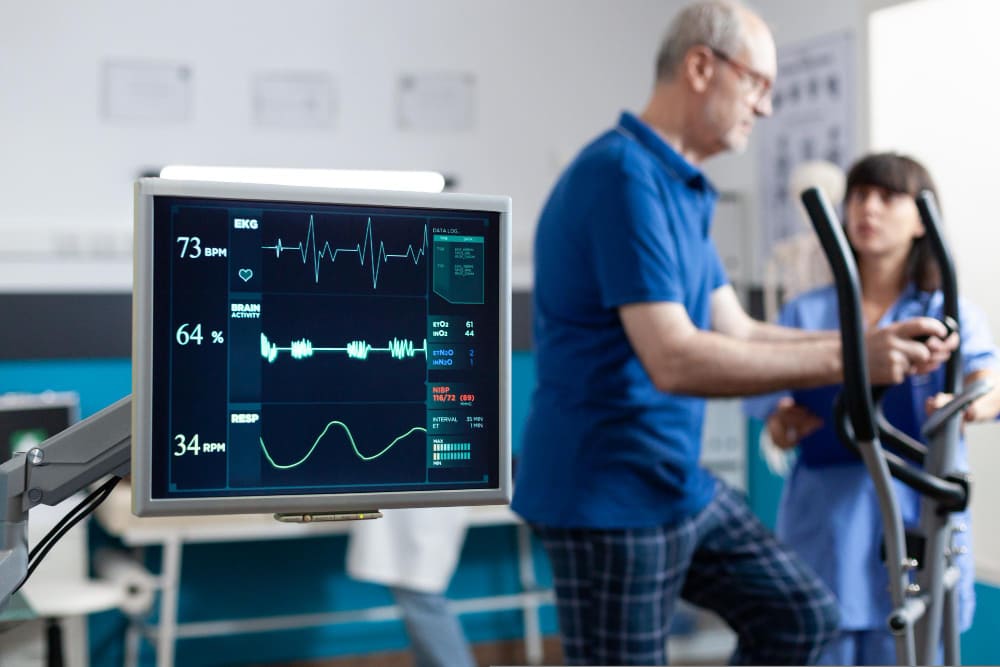At Silicon City Hospital, we offer advanced Electrocardiogram (ECG) services to assess heart health, detect abnormalities, and monitor cardiovascular conditions. Both tests play a crucial role in diagnosing heart diseases, irregular heart rhythms, and blood flow issues, helping doctors provide timely and effective treatments.
An Electrocardiogram (ECG or EKG) is a quick, painless, and non-invasive test that records the electrical activity of the heart. It helps detect heart conditions such as arrhythmias, heart attacks, and heart enlargement.
Your doctor may suggest an ECG if you experience:

© All Rights Reserved | SiliconCity Hospitals LLP
Designed & Developed by thinkB